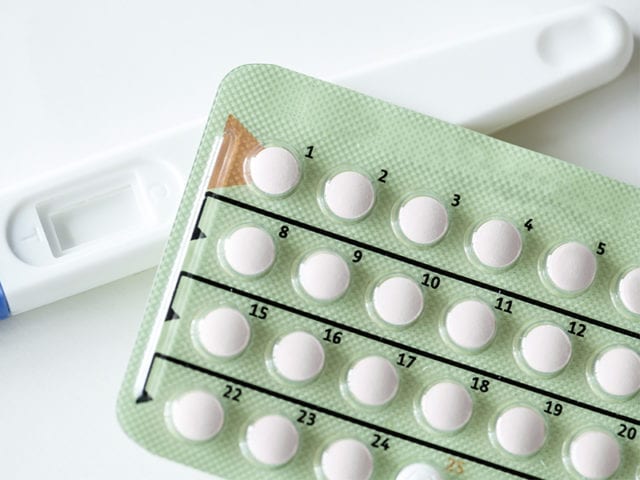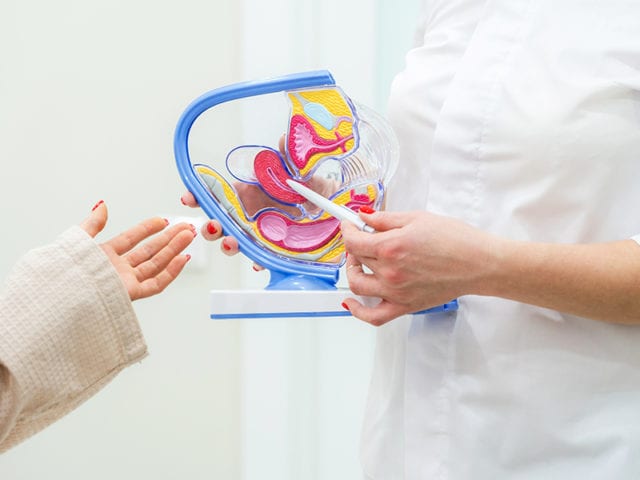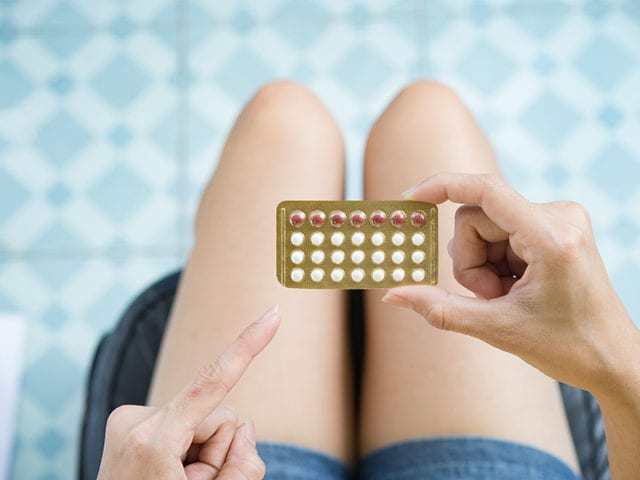With a population of 135 crores and counting, conversations around birth control methods are vital in India. But several women all over the country lack basic information about birth control, family planning and the various methods available.
Dr Sushma Tomar, Infertility Specialist and Endoscopic Surgeon at Fortis Hospital, Kalyan talks about which methods to consider, pre-marital sex and the popular emergency contraceptive pill.
Did You Know?
Approximately 48.2% of couples of 15 to 49 years of age practice family planning methods in India.Did You Know?
1. Why should women consider birth control methods?

Birth control methods are used for contraception and family planning. It means the couple can have the power to decide how many children to plan for and how much gap should be there between two children. Birth control is necessary because it safeguards women from unwanted pregnancies till menopause. If one doesn’t wish to bear the child, they could opt for abortion; but abortion has its own set of complications.
2. What is the safest form of permanent birth control? Is sterilisation a safe option for women?

When we talk about the safest permanent birth control method, Laparoscopic Tubal Ligation is a safe and permanent way of a birth control method for women. For men, Vasectomy is a way for permanent birth control. It is difficult to reverse this surgery if you change your mind and decide to have a child again. Different types of ‘Copper Ts’ are available, which is another way of contraception for 3 years, 5 or 7 years, depending upon the women’s contraceptive needs.
Did You Know?
Female sterilisation accounts for 75.3% of the modern contraceptive methods used while condoms (male) are used at the rate of 11.7%.Did You Know?
3. Can you get pregnant if you’re on the pill? What is the success rate of birth control?

Regarding the success rate of birth control pills, if taken in time, and appropriately, the failure rate is 1% in one year. So that way it is very safe; Oral contraceptive pills contain hormones that stop ovulation from happening.
4. With pre-marital sex still a taboo in India, how do unmarried Indian women approach the subject of birth control with their partners and gynaecologist?

If a couple is engaging in premarital sex, the couple should have an open dialogue with their gynaecologist. She can use either oral contraceptive pills or he can use condoms; both are safe methods of contraception. Oral contraceptive pills stop ovulation so the woman wouldn’t get pregnant & the condom works as a barrier contraceptive, not allowing the semen to enter into the vagina.
Interesting Fact
Half of the Indian population is in the reproductive age group and 68.84% resides in villages.
5. What are the side effects of oral contraceptives?

Oral contraceptive pills are available in low dose hormone pills, so they do not have too many side effects and are usually well-tolerated. Some patients do experience nausea, vomiting, giddiness for a few days in the beginning, but afterwards, you become used to it. Breast tenderness, headaches, weight gain, mood changes, intermittent bleeding, missed periods, decreased libido are some of the other side effects.
6. What are the factors women should consider when choosing a method of birth control?

To understand which contraceptive is suitable for you, should consult your gynaecologist. Only then should you begin medication. Your doctor is the right person to advise you on what will suit you the best. The oral contraceptive pill should be taken at night so one experiences minimal side effects. If you forget to take it in the night, then the pill should be taken early in the morning.
7. What is the status of emergency contraceptive pills in India and what are its side effects?

Emergency contraceptive pills are abused or inappropriately used in India, especially by the youth. Side effects of morning-after pills are nausea, vomiting, giddiness, breast tenderness, intermittent bleeding and lower abdominal pain. The effect usually lasts for three days.
Interesting Fact
A study conducted around male contraceptive gel is said to have given 100% results in preventing conception.
8. With men hormonal contraceptive gels being developed, how will it affect women?

Male hormonal contraceptive gels have Nestorone (NES) Progestin that is compounded with Testosterone. This is absorbed by the skin and has minimal side effects.

